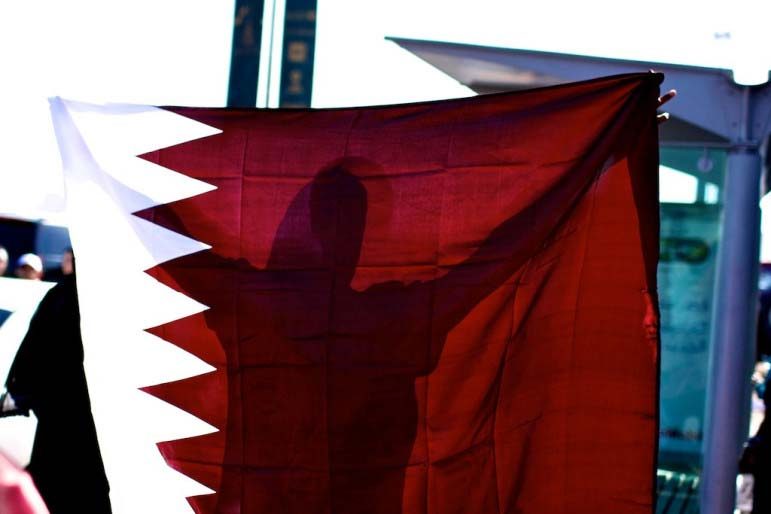-Michael Stephens, researcher at the Royal United Services Institute, in an op-ed on Open Democracy reflecting on Qatar’s “topsy-turvy” year.

Over the past 11 months, Qatar has slowly stepped back from the international arena to focus on work that needs to be done at home, Stephens asserts.
While Syria and Egypt continue to remain problematic issues from which Qatar cannot extract itself completely, the biggest challenge for the nation this year is its labor rights record, he continues:
“Given all that Qatar seeks to achieve in coming years by being the first Asian and Muslim nation to host the world’s biggest sporting event, this isn’t just another policy problem. It is the defining of a legacy, and constitutes the core identity of the country itself going forward for decades.”
Who exactly has the right to comment on that legacy’s formation has been a subject of fierce debate. Many locals assert that the problem is their own to deal with, while a number of people from the majority expat population insist they also should be able to push for change.
At the end of the day, however Qatar chooses to address the well-documented problem of human rights abuses against low-income expats will be closely watched by all, Stephens concludes:
“Qatar will be judged on what it does inside its borders for the next nine years in a way that is viscerally uncomfortable for a society so unused to openly discussing political and social problems.
The young Emir presides over a bustling city that grows with each passing day, it must be fed, housed and paid for. Growing pains are everywhere, and the spotlight shines fiercely on Doha and the way of life here as never before. While the Qataris might wish for a quieter period following the leadership transition, their wishes will not be honoured.”
Thoughts?







